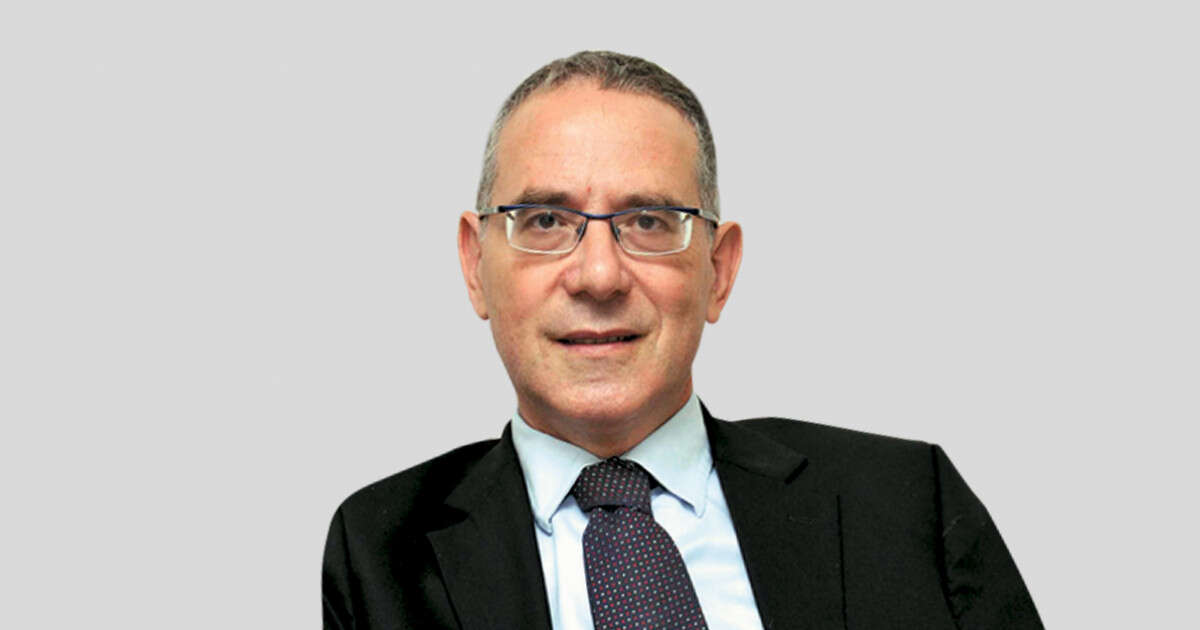Now it's official. The World Health Organization's CEO confirms that Europe has become the focus of the world's corona expansion, thus inheriting China's steadily recovering from the epidemic. True, in Europe more transparency and advanced health services are able to provide a relatively accurate snapshot. So far, in the Middle East, the rates of infection and mortality, as far as can be counted on, are still low, except in Iran, to which the disease probably came directly from China.
Two factors have made Europe particularly vulnerable. First, the population in it is older than most of the world, and therefore more vulnerable to disease. For example, in Italy, the population of over 65 is about 23%, and similar rates in Spain and Germany. In Israel, on the other hand, the proportion of adults aged 65 and over is about 12% - half of that in Europe. The population in Israel is much younger, and it is therefore permissible to assume that the disease is less severe in Israel. By the way, in the Arab countries around us, due to the high natural increase, the proportion of adults is 6% -7%.
Second, Europe reacted relatively late and reluctantly to the spread of the epidemic. In most continents the steps are partial and limited. This delayed and hesitant response lies in the assertion of commitment to the contemporary European spirit, which puts at the center of seeming freedom and openness, but also and above all the selfish interest of the lonely person, giving them priority over the common good and society.
There is a clear connection between the two, which cast its target on Europe even before the epidemic broke out. The European ideal of living the day and favoring quality of life and standard of living over bringing children into the world and caring for them is at the root of the low birth rates on the continent. These have long led to a severe shortage of working hands and the flooding of the continent with migrant workers from all over the world, especially from Africa and the Arab world.
In 1960, Europe's population numbered 400 million, while in the Middle East there were only 100 million. Today, 500 million people are living in Europe - an increase that is largely due to immigration - while in the Middle East about 400 million lives. By 2050, the population in the Middle East is expected to reach around 750 million, with no change in population in Europe.
The challenge facing Europe could be identified a decade ago, when the threat of Islamic terrorism rose. This threat often originated from Muslim immigrants across the continent who were not absorbed. However, the European response to the challenge was a denial, and instead of escalating the threat, Europeans tended to understand the terrorist's motives and avoided taking security measures, such as those taken by Israel. All in the name of protecting the rights of the individual and the fear of harm to the quality of life.
The eruption of the Corona is thus a kind of warning call to Europe, another address on the wall of the crisis that the continent has long faced. Europeans have grown accustomed to criticizing and preaching the Jewish state, but this time little Israel can teach Europe something: both in terms of finding the balance between individual liberty and the common good, and especially in adopting the Israeli spirit that allows us to sustain a progressive Western state, capable of mobilizing society and institutions. The state, while maintaining dynamism, growth and development, as well as natural growth.
For more views by Eyal Zisser








